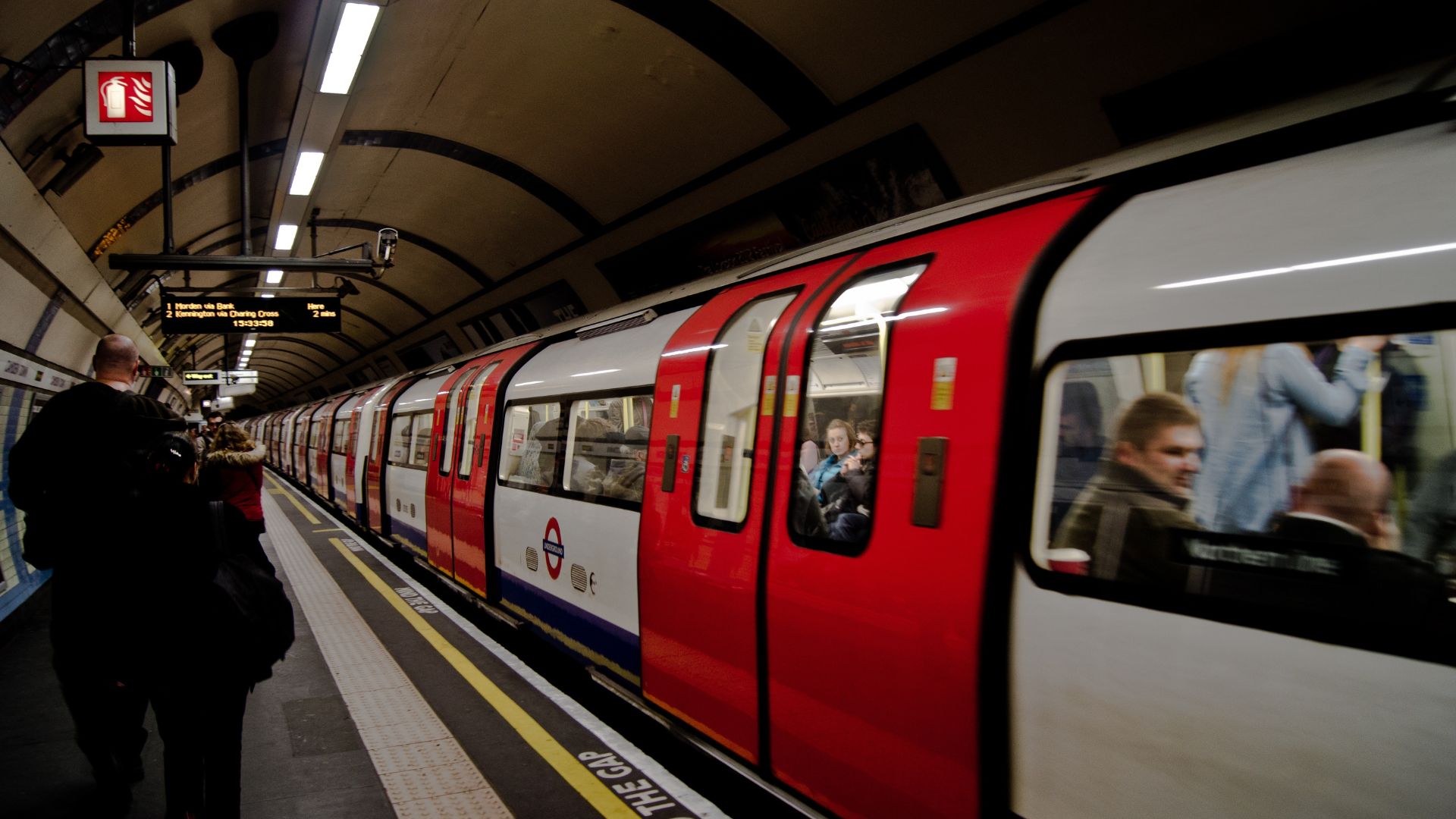“Some lines will have little or no service,” the operator said in a statement.
But today, ASLEF announced that strikes had been called off amidst “successful” talks.
ASLEF is seeking better pay for its tube driver members. It says that existing pay offers have been accompanied by unacceptable sacrifices to working conditions, such as drivers being forced to spend longer working.
Today, a spokesperson confirmed that these issues had been resolved.
Nick Dent, director of customer operations for London Underground, said that the operator was “pleased” with the outcome, adding “We will continue to work constructively with the trade unions to avoid disruption and address concerns.”
“Management has confirmed that they have disbanded their ‘Trains Modernisation’ team and will not be implementing their plans to changes drivers’ working arrangements without agreement,” they said.
Advertising helps fund Big Issue’s mission to end poverty
London Mayor Sadiq Khan said that the outcome illustrated the power of negotiation.
“This demonstrates – once again – what can be achieved by talking and engaging with transport staff and trade unions rather than working against them,” he posted on X.
Advertising helps fund Big Issue’s mission to end poverty
What dates are the mainline train strikes in April and May?
Advertising helps fund Big Issue’s mission to end poverty
Commuters can still expect some travel chaos, with drivers across the country set to strike in coming days.
On Friday 5 April, ASLEF members will walk out at Avanti West Coast, East Midlands Railway, West Midlands Trains and CrossCountry.
Advertising helps fund Big Issue’s mission to end poverty
On Saturday 6 April, members will walk out at Chiltern, GWR, LNER, Northern, and TransPennine Trains
On Monday 8 April, members will strike at c2c, Greater Anglia, GTR Great Northern Thameslink, Southeastern, Southern/Gatwick Express, South Western Railway main line and depot drivers, and SWR Island Line.
Advertising helps fund Big Issue’s mission to end poverty
Members will also refuse to work their rest days from Thursday 4 to Saturday 6 April and from Monday 8 to Tuesday 9 April.
ASLEF has also called an additional strike and overtime ban at the UK’s flagship train operator, LNER, for Saturday 20 April. Drivers will also refuse overtime on Friday 19 and Sunday 21 April.
The company is in a long-running dispute with LNER specifically over “pressure” it has exercised on drivers who plan to strike.
Nigel Roebuck, full-time organiser in the northeast of England, blamed the government, claiming it has leaned on the company to “persuade every driver manager and driver instructor to work on strike days; effectively to provide a minimum service level without invoking the legislation.”
Advertising helps fund Big Issue’s mission to end poverty
Will these operators run any service on strike days?
Some of these operators will run a “skeleton service” on these days, ASLEF assistant general secretary Simon Weller told the Calling All Stations Podcast – but others won’t be able to run any trains at all.
Advertising helps fund Big Issue’s mission to end poverty
“LNER, for example, will get all their managers to drive trains on strike day, so they can provide a skeleton service,” he said.
“But the others, like the southern region companies and the northwest and northern companies, there’ll be a complete shutdown.”
Advertising helps fund Big Issue’s mission to end poverty
You can find more information on mainline strikes at the website of your train operator.









